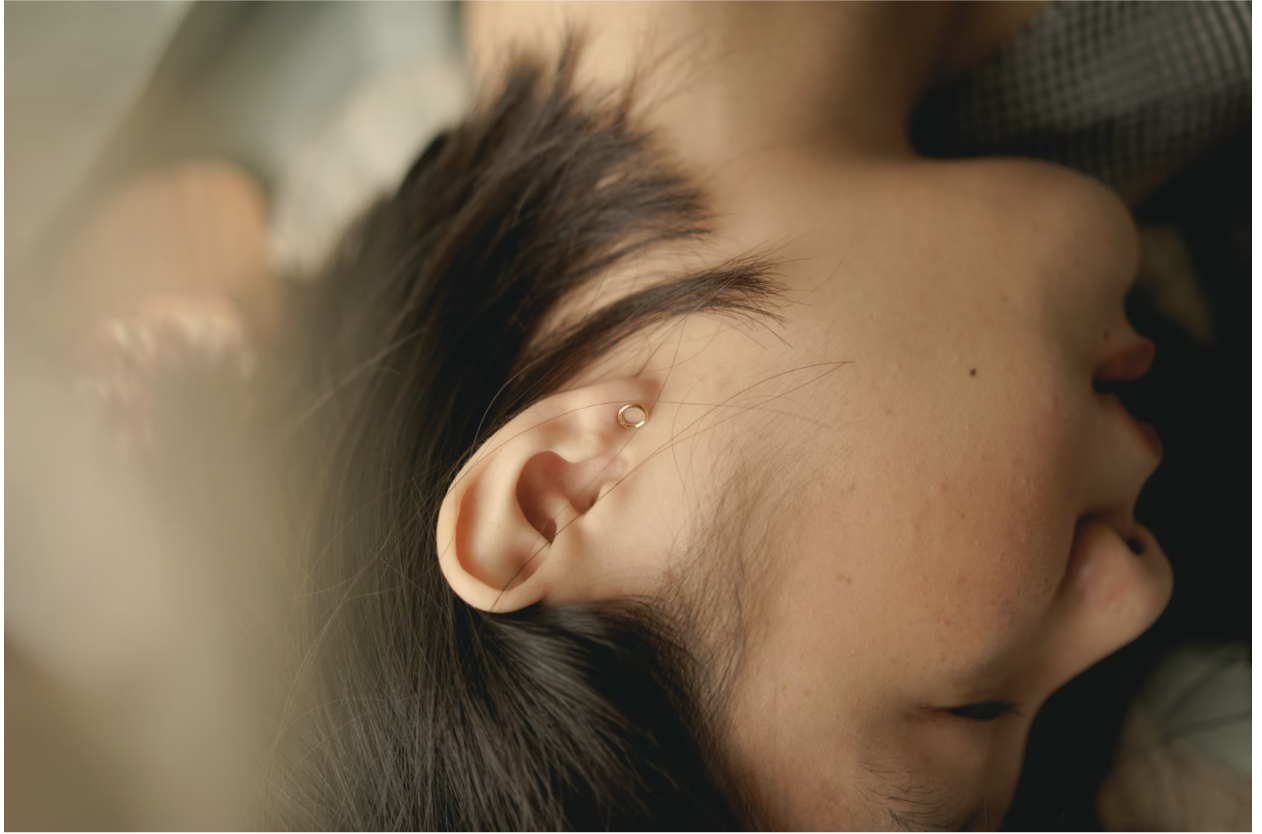How to Clean Your Ears: Dos and Don'ts

Keeping your ears clean is essential for overall ear health and hearing clarity. However, ear cleaning requires caution to avoid damaging delicate structures inside your ear canal. Here are the dos and don'ts of ear cleaning to help you maintain healthy ears safely.
Use Ear Cleaning Solutions Sparingly
When cleaning your ears, it's tempting to use cotton swabs or earbuds to remove wax. However, inserting these objects into your ear canal can push wax deeper, leading to blockages or damage to the eardrum. Instead, opt for solutions for removing ear wax designed for gentle cleaning. These solutions are typically mineral oil or hydrogen peroxide-based and can help loosen wax naturally over time.
- Ear-cleaning solutions like mineral oil or hydrogen peroxide are designed to soften earwax naturally over time. They work by penetrating and breaking down the hardened wax, making it easier for the ear's natural cleaning mechanisms to remove it.
- Applying a few drops of the solution to the ear canal and allowing it to sit for a few minutes can effectively soften the wax. This method is gentle and minimizes the risk of pushing wax deeper into the ear canal.
- If you prefer a natural alternative, olive oil can also be used to soften earwax. Warm the oil slightly before using it and apply a few drops to the ear, then lie on your side for a few minutes to let it work.
Practice Gentle Ear Canal Cleaning Techniques
Your ear canal is a delicate passage that should be treated with care. Instead of inserting objects into your ear, gently clean the outer ear with a damp cloth. For excess wax, use an ear syringe filled with warm water to flush out softened wax. Avoid using excessive force or pushing water too forcefully into the ear canal, as this can cause discomfort or injury.
- When cleaning the outer ear with a damp cloth, avoid inserting it into the ear canal. Instead, gently wipe the outer folds and behind the ear to remove any visible wax or debris.
- Using an ear syringe filled with warm water can help flush out softened wax gently. Tilt your head sideways and pull gently on the outer ear to straighten the ear canal before gently squeezing the syringe to irrigate the canal.
- After irrigating, tilt your head the opposite way to allow water and wax to drain out naturally. Use a clean towel to gently pat the outer ear dry, avoiding vigorous rubbing that could irritate.
Know When to Seek Professional Help
If you experience ear pain, sudden hearing loss, or notice unusual discharge from your ear, it's crucial to seek medical attention promptly. These symptoms could indicate an infection or injury that requires professional evaluation. Avoid attempting to clean your ears further if you suspect a problem, as this could exacerbate the issue.
- If you experience sudden or severe ear pain, it could indicate a more serious condition such as an ear infection, perforated eardrum, or impacted earwax that requires medical attention.
- Sudden hearing loss, ringing in the ears (tinnitus), or a feeling of fullness in the ear can also be signs of an underlying issue that needs evaluation by a healthcare professional.
- Unusual discharge from the ear, such as pus or blood, should never be ignored and requires immediate medical attention to determine the cause and appropriate treatment.
Maintain Regular Ear Hygiene
Regular ear hygiene is key to preventing wax buildup and potential complications. You can maintain healthy ears by drying them thoroughly after swimming or showering to prevent moisture buildup, which can contribute to ear infections. Additionally, avoid using earplugs or headphones for extended periods to allow your ears to breathe and reduce the risk of irritation.
- After swimming or showering, use a soft towel to gently dry the outer ear and avoid inserting anything into the ear canal to prevent pushing water or moisture deeper into the ear.
- If you frequently use earplugs or headphones, take breaks to allow your ears to rest and air out. Prolonged use can lead to irritation or even skin conditions in and around the ear canal.
- Avoid using cotton swabs or other objects to clean your ears, as they can push wax deeper, cause injury to the delicate ear canal, or even puncture the eardrum, leading to pain and potential hearing loss.
Proper ear cleaning involves gentle techniques and knowing when to seek professional help. By following these dos and don'ts of ear cleaning, you can promote ear health and avoid potential complications. Remember, your ears are sensitive organs that require careful attention to maintain their functionality and clarity of hearing. By adopting these practices, you can ensure that your ears remain healthy and free from unnecessary discomfort or damage.






